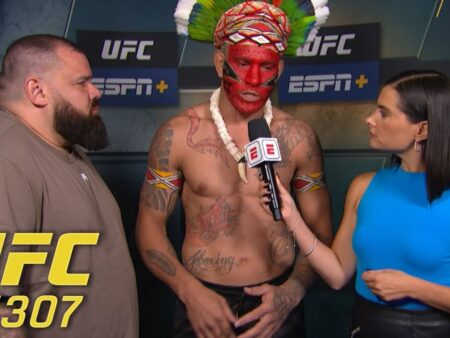Football, the beautiful game, has a relentless pulse. Its global appeal fuels an ever-expanding calendar, promising more spectacle, more drama, and, inevitably, more revenue. Yet, amidst this commercial crescendo, a dissenting voice has consistently cut through the celebratory noise: Jurgen Klopp. The former Liverpool manager, now Red Bull`s head of global soccer, has once again laid bare his frustrations with football`s governing bodies, accusing FIFA and UEFA of prioritizing expansion over the very athletes who make the game possible.
The New Normal: More Games, More Strain
Klopp`s recent critique focused sharply on the newly expanded FIFA Club World Cup. Transformed from a modest eight-team affair to a colossal 32-team tournament, it represents the epitome of what many, including Klopp, see as an unsustainable trajectory. The competition, which took place in the U.S. last summer, was, for Klopp, a bridge too far. He openly admitted to boycotting it, stating with a characteristic blend of exasperation and defiance, “I survived easily without watching one game.” Even with Red Bull Salzburg, a team now under his new purview, participating, his stance remained firm. A clear message was sent: this level of congestion isn`t just inconvenient; it`s a threat.
“The physical part is really, really tough for the players,” Klopp observed, pointing to the string of injuries plaguing top clubs like Paris Saint-Germain and Chelsea – notably the finalists of the Club World Cup itself. “It`s just too much, but the big story`s not out there yet… we cannot do it like that constantly.”
His concerns aren`t limited to existing tournaments. Klopp scoffed at proposals, however informal, for a 64-team World Cup – a notion so extravagant it borders on the absurd. One can almost picture him banging on the table, as he reportedly did during his interview, exclaiming, “They cannot get enough. They cannot get enough and that`s not great.” It’s a stark reminder that while the appetite for football seems insatiable, the human capacity of its participants is decidedly finite.
The Genesis of Overload: The Nations League Effect
For Klopp, the roots of the current crisis can be traced back to the inception of the UEFA Nations League in 2018. This competition, designed to replace international friendlies with more “meaningful” fixtures, fundamentally altered the rhythm of the football calendar. What was once a period for players to recuperate, integrate with national teams more casually, or simply rest, became another high-stakes battleground. Klopp, ever the passionate advocate for his players, recalled his initial outrage.
“I was —in Germany, I`m not sure you say it here as well – on the trees, angry, when they started the [UEFA] Nations League,” he stated. The idea that friendly games were dispensable struck him as ludicrous, especially given their role in player preparation and recovery. The competition`s structure, which even includes relegation, adds another layer of pressure, forcing national coaches to deploy their star players even when they are clearly fatigued, lest their team suffer a demotion. This cycle, Klopp argues, makes player rotation – a vital tool for managing workload – virtually impossible at the elite level.
The Invisible Toll: Fatigue, Injury, and the Bottom Line
The issue of fixture congestion is more than just a scheduling headache; it`s a significant factor in player welfare. High-intensity matches, frequent travel across time zones, and minimal recovery periods collectively contribute to increased risks of muscular injuries, burnout, and a diminished quality of play. While governing bodies often cite player health as a priority, their actions – the continuous addition of new tournaments and expanded formats – tell a different story. It`s a classic case of the commercial engine running hotter than the human engine can sustain. The irony is not lost on observers: the very spectacle that draws billions of viewers worldwide is being jeopardized by the relentless pursuit of *more* spectacle.
A Call for Genuine Dialogue
Klopp is not alone in his concerns. Football legend Thierry Henry has echoed similar sentiments, articulating a crucial distinction: the conversation about player welfare must involve the players themselves. “Don`t call me, UEFA. Do not call me, FIFA. I`m not playing anymore. I don`t know how it feels anymore,” Henry urged, advocating for dialogue with current titans of the game like Virgil van Dijk and Mohamed Salah. It`s a powerful point: who better to speak on the physical and mental toll of the modern game than those enduring it week in, week out?
The debate surrounding football`s packed calendar is not merely about managers complaining or players seeking an easier ride. It is a fundamental question about the sport`s sustainability, the well-being of its most valuable assets, and ultimately, the quality of the product offered to fans. As the game continues its global expansion, the voices of Jurgen Klopp and others serve as an essential reminder: sometimes, less truly is more, especially when human endurance is on the line. The ball, as they say, is now in the court of FIFA and UEFA – whether they choose to play it responsibly remains to be seen.







